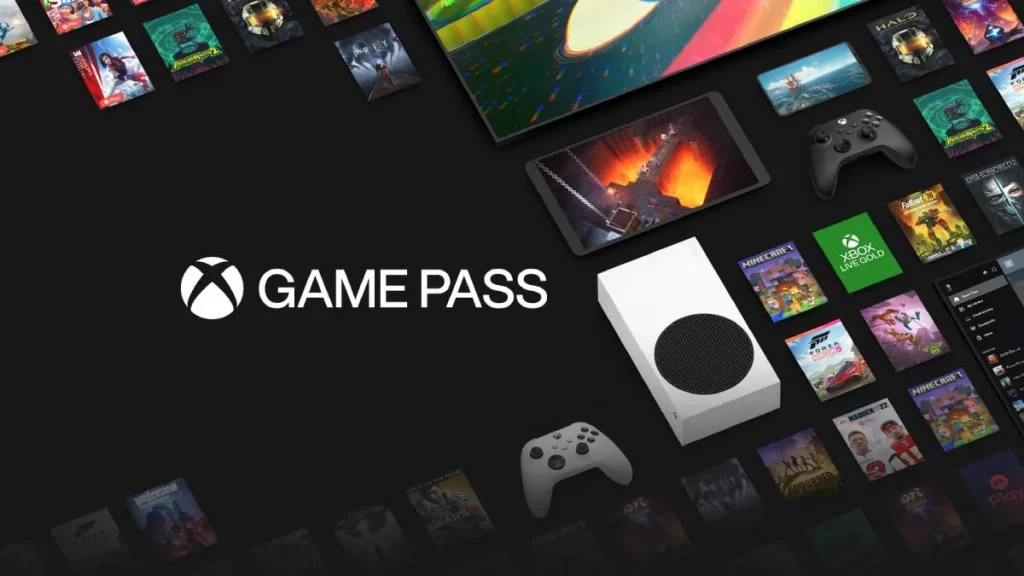Takeaway
The video game industry is a dynamic and rapidly evolving landscape, shaped by a handful of dominant companies that not only create games but also influence technology, culture, and consumer behavior. Understanding the giants of this industry is crucial for aspiring developers, investors, and gamers alike.
Introduction
The video game industry has grown exponentially over the past few decades, evolving from simple pixelated games to complex, immersive experiences that rival Hollywood productions. As of 2023, the global gaming market is projected to reach $200 billion, driven by advancements in technology, the rise of mobile gaming, and the increasing popularity of esports. At the heart of this booming industry are several key players—companies that have not only shaped the gaming landscape but have also set the standards for innovation, creativity, and business practices. This article delves into the top video game companies that are currently shaping the industry, examining their contributions, business models, and future prospects.

1. Sony Interactive Entertainment
Founded in 1993, Sony Interactive Entertainment (SIE) is a subsidiary of Sony Corporation and is best known for its PlayStation brand. The PlayStation 5, released in November 2020, has been a significant success, selling over 30 million units by mid-2023. SIE’s strategy focuses on exclusive titles, such as “The Last of Us Part II” and “Spider-Man: Miles Morales,” which have garnered critical acclaim and commercial success.
Business Model and Innovations
SIE operates on a hybrid business model that includes hardware sales, software sales, and subscription services like PlayStation Plus. The company has also invested heavily in cloud gaming technology, with the launch of PlayStation Now, allowing users to stream games directly to their devices. This move aligns with the industry’s shift towards digital distribution and subscription-based models.
2. Microsoft Xbox Game Studios
Microsoft’s Xbox Game Studios is another titan in the gaming industry, known for its Xbox consoles and a robust portfolio of game franchises, including “Halo,” “Gears of War,” and “Forza.” The acquisition of ZeniMax Media in 2021 for $7.5 billion significantly expanded Microsoft’s gaming library and development capabilities.
Game Pass and Cloud Gaming
One of Microsoft’s most innovative contributions to the gaming industry is the Xbox Game Pass, a subscription service that offers access to a vast library of games for a monthly fee. This model has revolutionized how players access games, making it more affordable and convenient. Additionally, Microsoft’s investment in cloud gaming through Xbox Cloud Gaming (formerly Project xCloud) positions the company as a leader in the future of gaming, allowing players to stream games on various devices without the need for high-end hardware.

3. Nintendo
Nintendo has been a household name in gaming since the 1980s, known for iconic franchises such as “Super Mario,” “The Legend of Zelda,” and “Pokémon.” The Nintendo Switch, launched in 2017, has sold over 125 million units, making it one of the best-selling consoles of all time. Nintendo’s unique approach to gaming emphasizes creativity and innovation, often prioritizing gameplay mechanics over cutting-edge graphics.
Innovation and Market Strategy
Nintendo’s strategy revolves around creating family-friendly content and leveraging nostalgia. The company has successfully integrated mobile gaming into its portfolio with titles like “Mario Kart Tour” and “Pokémon GO,” expanding its reach beyond traditional console gaming. Furthermore, Nintendo’s focus on local multiplayer experiences has fostered a strong community around its games, enhancing player engagement.
4. Activision Blizzard
Activision Blizzard is a major player in the gaming industry, known for its blockbuster franchises such as “Call of Duty,” “World of Warcraft,” and “Overwatch.” The company has a diverse portfolio that spans various genres and platforms, making it a significant force in both console and PC gaming.
Monetization Strategies
Activision Blizzard has been at the forefront of monetization strategies, particularly with its implementation of microtransactions and seasonal content in games like “Call of Duty: Warzone.” This approach has proven lucrative, generating billions in revenue while keeping players engaged with regular updates and new content. However, the company has faced criticism for its monetization practices, leading to ongoing discussions about ethical game design.
5. Electronic Arts (EA)
Electronic Arts (EA) is another giant in the gaming industry, known for its sports franchises like “FIFA” and “Madden NFL,” as well as popular titles such as “The Sims” and “Battlefield.” EA has been a pioneer in the use of digital distribution and online services, with its EA Play subscription service offering access to a library of games.
Challenges and Opportunities
Despite its success, EA has faced significant challenges, particularly regarding its use of loot boxes and microtransactions. The backlash from consumers and regulatory scrutiny has prompted the company to reevaluate its monetization strategies. However, EA’s commitment to innovation, such as its investment in virtual reality and augmented reality gaming, presents new opportunities for growth in the evolving landscape.
6. Tencent
Tencent is a Chinese conglomerate that has become a dominant force in the global gaming industry through strategic investments and acquisitions. The company owns Riot Games (developer of “League of Legends”) and has significant stakes in Epic Games, Activision Blizzard, and many other studios. Tencent’s influence extends beyond game development; it also operates WeGame, a popular gaming platform in China.
Global Expansion and Market Influence
Tencent’s strategy focuses on expanding its global footprint while capitalizing on the booming Chinese gaming market. The company’s investments in various gaming studios allow it to diversify its portfolio and mitigate risks associated with individual titles. Additionally, Tencent’s expertise in mobile gaming has positioned it as a leader in this rapidly growing segment, with titles like “Honor of Kings” achieving massive success.
7. Epic Games
Epic Games is best known for its Unreal Engine, a powerful game development platform used by countless developers worldwide. The company gained significant attention with the release of “Fortnite,” which became a cultural phenomenon and generated billions in revenue through its free-to-play model and in-game purchases.
Innovative Business Practices
Epic Games has disrupted the industry with its aggressive business practices, including offering developers a more favorable revenue share through the Epic Games Store. This move has challenged established platforms like Steam and has encouraged competition in the digital distribution space. Furthermore, Epic’s commitment to cross-platform play has set a new standard for multiplayer gaming, allowing players to connect regardless of their chosen platform.
Conclusion
The video game industry is shaped by a few key players whose innovations, business strategies, and cultural impact have defined the landscape. Companies like Sony, Microsoft, Nintendo, Activision Blizzard, Electronic Arts, Tencent, and Epic Games continue to push the boundaries of what is possible in gaming. As technology evolves and consumer preferences shift, these giants will play a crucial role in shaping the future of the industry.
Key Takeaways
- The video game industry is projected to reach $200 billion by 2023.
- Sony and Microsoft lead the console market with innovative hardware and subscription services.
- Nintendo focuses on creativity and community engagement through family-friendly content.
- Activision Blizzard and EA face challenges related to monetization but continue to innovate.
- Tencent’s global investments and mobile gaming expertise position it as a leader in the industry.
- Epic Games disrupts traditional business models with its Unreal Engine and favorable revenue sharing.
Understanding these companies and their strategies is essential for anyone looking to navigate the complex world of game development and the broader gaming industry.

